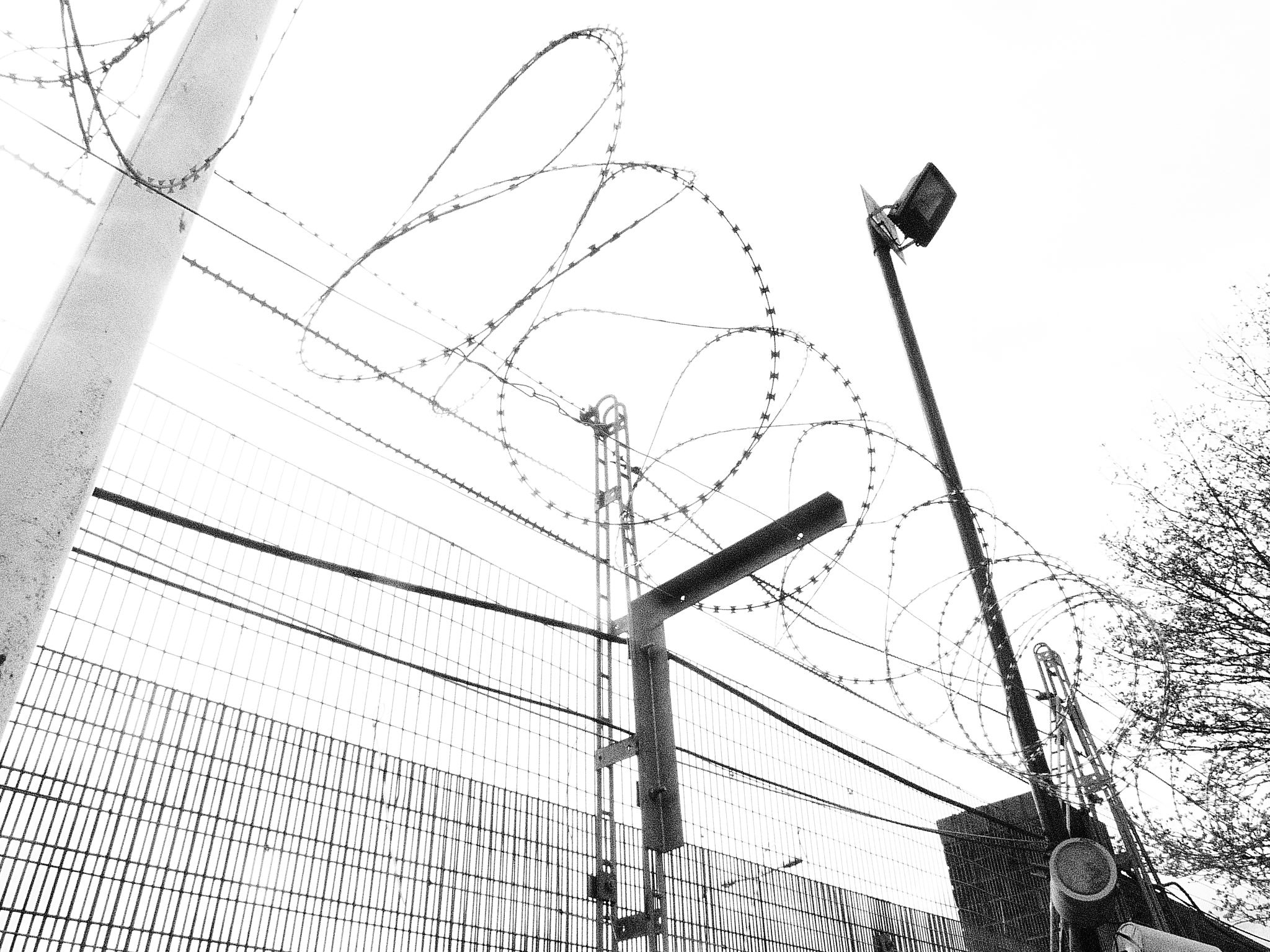Last month, it was reported that a new detention centre based in County Durham on the site of a former youth prison will open for women in autumn. For those of us who have been following detention developments closely, this latest proposal is a devastating U-turn, contrary to previous pledges made less than two years ago to reform the system and reduce the size of the detention estate.
These commitments were made by the Government following years of mounting evidence that detention causes lasting harm, including intensive inquiries commissioned by the Government itself, as well as by a range of statutory monitoring bodies and NGOs.
I feel alarmed and dismayed to hear this news.. I was held in UK immigration detention and I am well aware of the realities and its long-lasting impact; not only for the people who are detained but also for their families, friends and communities as well. I know that more detention centres mean more suffering and more inhumanity inflicted on human beings in the name of ‘immigration control’.
Over the past years, public awareness of immigration detention has grown, and it has never been far from the headlines, for all the wrong reasons. It is widely understood that immigration detention causes lasting mental harm. Detention is a recipe for immense suffering and I have experienced and I have also witnessed it: isolation, removal of personal freedoms, substandard and unhygienic accommodation. People are held without knowing how long they are going to be there; there is a paucity of adequate healthcare, and a lack of access to independent legal advice, which, along with limited external supports, all wreak havoc on mental health and push people over the edge.
I worry that these alarming developments are paving the way for an even more harsh immigration system through the upcoming immigration bill being designed to make the UK an impossible place for migrants and people seeking protection. This new detention centre is a cruel step in the wrong direction.
Ali McGinley, the director of AVID (Association of Visitors to Immigration Detainees) said: ‘The commitments made by the government two years ago are now being pushed to the side, and this is even more worrying given the timing. During the early months of the pandemic, numbers in detention reached an all-time low. In May 2020, there were only 368 people in immigration detention, which is the lowest number within the past decade. This provided a golden opportunity to consider more broadly the necessity of detention, and how better provision might be facilitated in the community, provisions that do not cause lasting harm, distress or anguish – some of the distinguishing features of UK detention.’
Whether new detention centers, controversial and inhumane army barracks to house people seeking protection, or portacabin-style refugee accommodation, the existence of these institutions should concern us all. These environments make it impossible to go through the immigration process with information, with support, or with dignity. They erode any trust between people seeking a resolution to their immigration case or people seeking sanctuary and the authorities who are responsible for these life-changing decisions.
There are alternatives if the Government is willing to listen. Instead of engaging with people with experience, and the many organisations working in this area, the Government has chosen to look the other way. And it has missed the opportunity to consider the alternatives to these systems that do very little other than facilitate self-harm, cause emotional anguish and rip families and communities apart.
There is a desperate need to shift from a focus on incarceration, enforcement and segregation, towards a community-based response. Organisations working on detention issues have highlighted time and again that research shows how community-based options can be more effective and less expensive than detention. Instead, we are seeing the ramping up of detention and deportations, as well as the increasing use of ‘grey areas’ for asylum accommodation – including detention centres and former army barracks. We are growing tired of the Government ignoring the evidence on its doorstep.
Now is not the time to look the other way.







